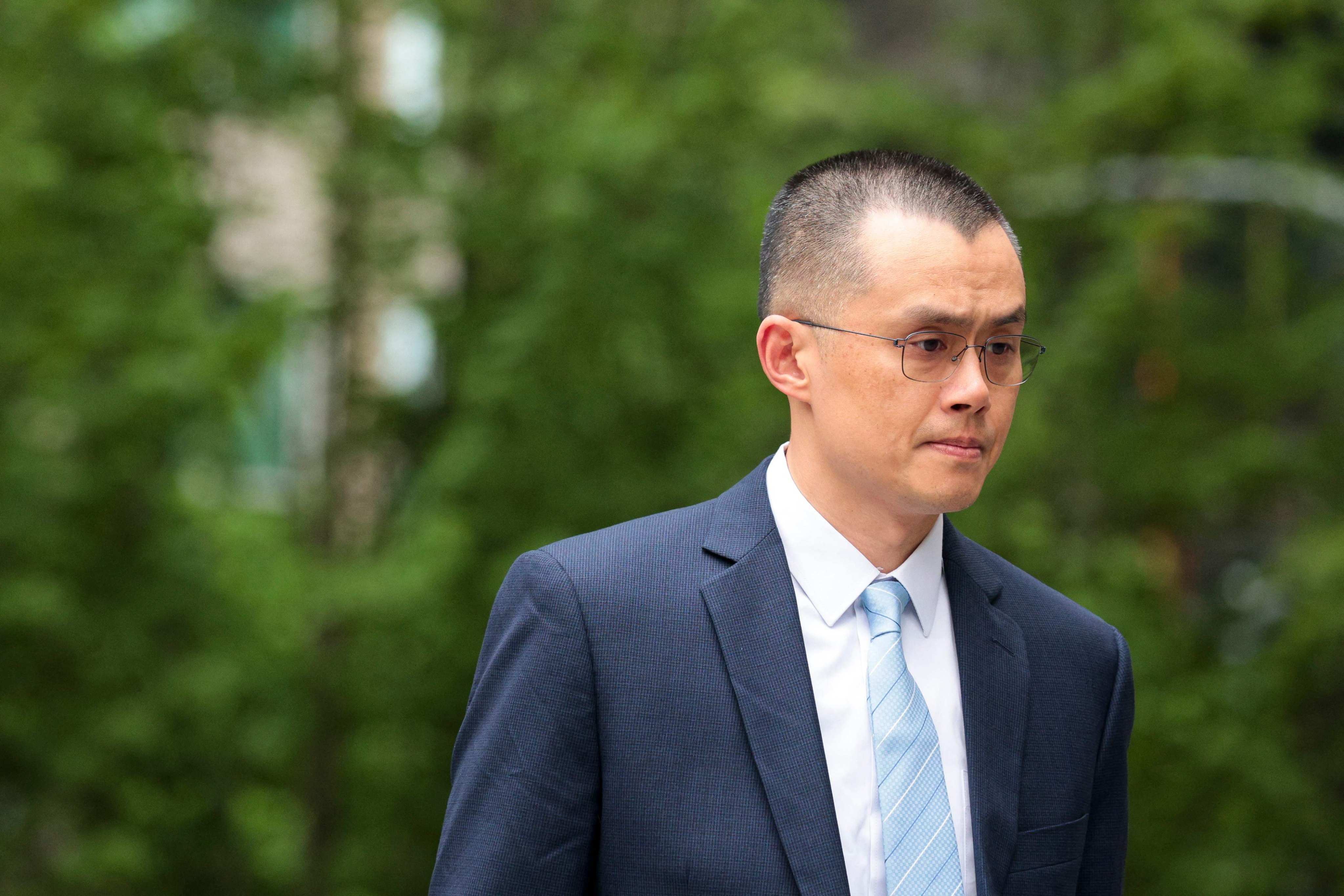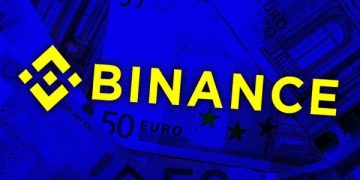Changpeng Zhao, the founder of Binance and one of the most influential figures in the global cryptocurrency industry, has publicly denied a recent report ranking him as the 13th richest person in China. The billionaire entrepreneur, better known as “CZ,” dismissed the claim in a brief but pointed post on X (formerly Twitter), calling the ranking “nonsense” and suggesting that his wealth had been vastly overstated.
The report in question came from the Hurun Research Institute, which annually publishes lists estimating the net worth of China’s wealthiest individuals. According to this year’s Hurun Rich List, Zhao’s fortune stood at approximately 190 billion yuan, or about US$26.7 billion, marking a 41 percent increase over the previous year. The surge was attributed to the rebound in cryptocurrency prices and the renewed dominance of Binance as the world’s largest crypto exchange by trading volume.
But Zhao was quick to reject the figure. On social media, he wrote simply: “Nonsense, divide by 100 and that’s about right.” The comment implied that his actual net worth might be closer to US$267 million—roughly one-hundredth of the reported number. Though Zhao did not provide further clarification, the remark was enough to ignite a wave of discussion in financial circles, with analysts and crypto enthusiasts debating whether his denial reflected humility, privacy concerns, or a genuine error in estimation by Hurun.
The Challenge of Measuring Crypto Wealth
Estimating the fortune of cryptocurrency founders has always been a difficult task. Unlike traditional businesses, much of their wealth is tied to digital assets whose value fluctuates wildly. In Zhao’s case, his fortune is primarily linked to Binance’s private ownership and the value of its native token, BNB. Both are notoriously difficult to value accurately.

Binance is not a publicly traded company, and it operates through a complex web of entities registered in multiple jurisdictions. This lack of transparency makes it nearly impossible to know the true size of Zhao’s stake. Meanwhile, the value of BNB, though substantial, depends heavily on the volatile crypto market, which can swing by double-digit percentages in a single day.
Moreover, Binance’s legal and regulatory challenges over the past few years have further complicated perceptions of its founder’s wealth. The exchange has faced investigations and lawsuits in several countries, including the United States, where it agreed in 2023 to pay multi-billion-dollar fines for violations of anti-money-laundering laws. Zhao himself stepped down as CEO as part of the settlement, though he remains the largest shareholder and a prominent figure in the company’s ecosystem.
Given this context, analysts say it is no surprise that Zhao would contest any public attempt to quantify his fortune. For one, he may wish to avoid attracting unnecessary attention or scrutiny, especially from regulators. For another, the Hurun Rich List’s inclusion of Zhao among China’s richest may be technically inaccurate, given that he has long identified as Canadian and has repeatedly emphasized that Binance is not a “Chinese company.”
Nationality, Identity, and Perception
The question of whether Zhao should even appear on a list of China’s wealthiest individuals is itself contentious. Born in Jiangsu province in 1977, Zhao emigrated to Canada with his family during his teenage years and holds Canadian citizenship. Though of Chinese origin, he has spent much of his adult life abroad, working in Japan and eventually founding Binance in 2017 after moving between Shanghai and Singapore.
Over the years, Zhao has made a concerted effort to distance both himself and his company from any single national identity. He has described Binance as a “global organization” without a fixed headquarters, reflecting both the decentralized nature of the crypto industry and the regulatory uncertainties surrounding it.
As such, being listed among China’s richest individuals could be viewed as a misunderstanding of his current affiliations. In his past public statements, Zhao has expressed frustration with media narratives that describe Binance as “Chinese-controlled” or himself as a “Chinese billionaire.” The Hurun ranking may therefore have struck a particularly sensitive chord, blending national identity with financial estimation in a way he found misleading.
The Broader Implications
Zhao’s rejection of the ranking also speaks to a broader issue: the evolving meaning of wealth in the digital age. Traditional wealth lists like Hurun or Forbes were built on tangible assets—factories, stocks, real estate. But crypto wealth is different. It exists in a digital and highly speculative space, where values can multiply or vanish overnight.
This makes traditional valuation methods less reliable. A billionaire one week could, in theory, become a millionaire the next if crypto markets tumble. Conversely, a developer who launched a new token could see their notional wealth soar overnight without possessing any liquid assets to match it.
In that context, Zhao’s “divide by 100” comment may have been more than a defensive quip—it may have been a reflection of the inherent uncertainty and volatility of crypto wealth.
Media, Public Image, and Strategic Modesty
There is also a strategic aspect to Zhao’s response. Publicly downplaying wealth has long been a common tactic among high-profile entrepreneurs, particularly in industries facing regulatory scrutiny. For Zhao, whose company has operated in the gray zones of financial law, minimizing his perceived fortune could serve as a way to temper public attention and deflect potential criticism.
It may also help reshape his public image. After years of battling regulators and skepticism from traditional finance, Zhao has sought to position himself as a responsible leader focused on compliance and innovation rather than excess. Calling the ranking “nonsense” allows him to reinforce that narrative, suggesting humility and detachment from the trappings of wealth.

Conclusion
Whether Changpeng Zhao is worth billions or merely hundreds of millions, one thing is clear: he remains one of the most influential figures in global finance. His sharp dismissal of the Hurun ranking highlights both the opacity of crypto wealth and the tension between old-world metrics and new-world realities.
As digital assets continue to reshape global markets, traditional measures of wealth and influence may increasingly struggle to capture their complexity. For Zhao, who helped build the infrastructure of the modern crypto economy, the debate over his net worth may be less important than the technology and ideas he represents. Still, his one-word rebuttal—“nonsense”—reminds us that in the world of cryptocurrency, even billionaires can be impossible to measure.











